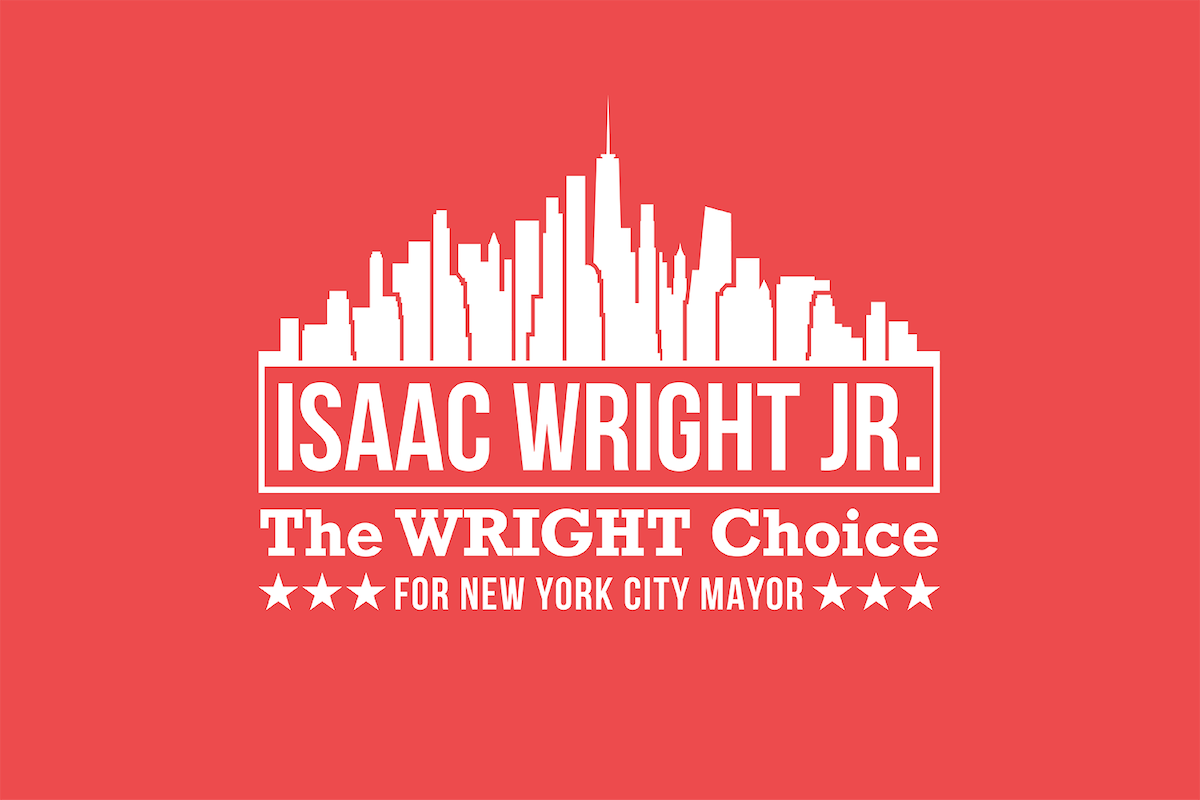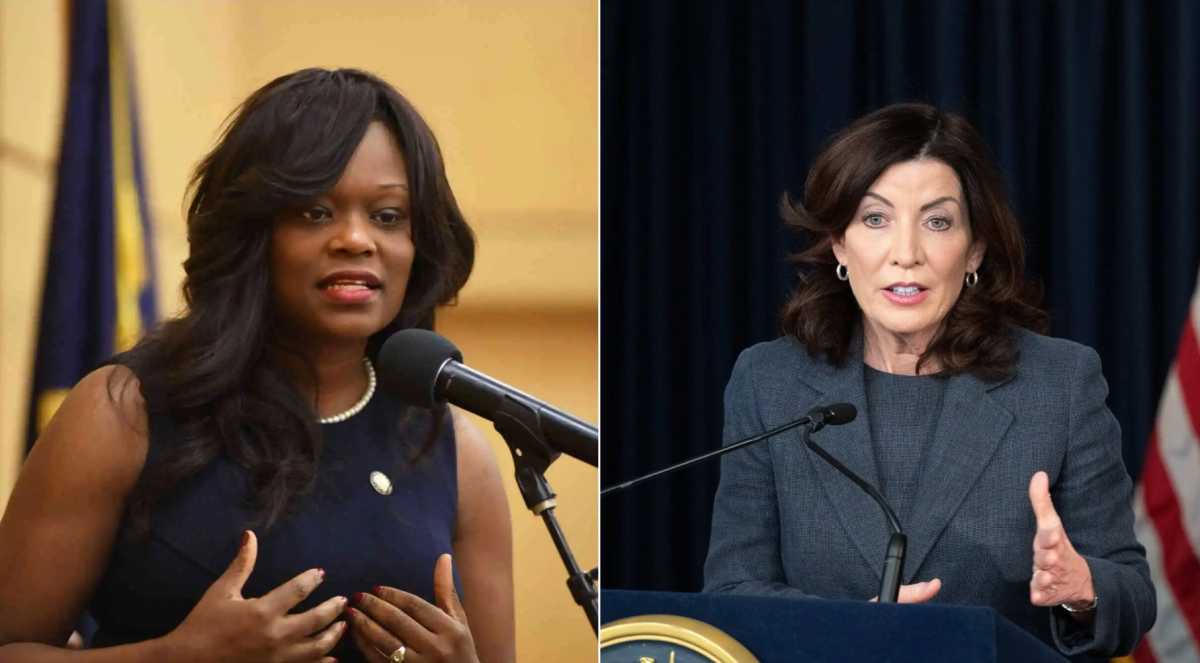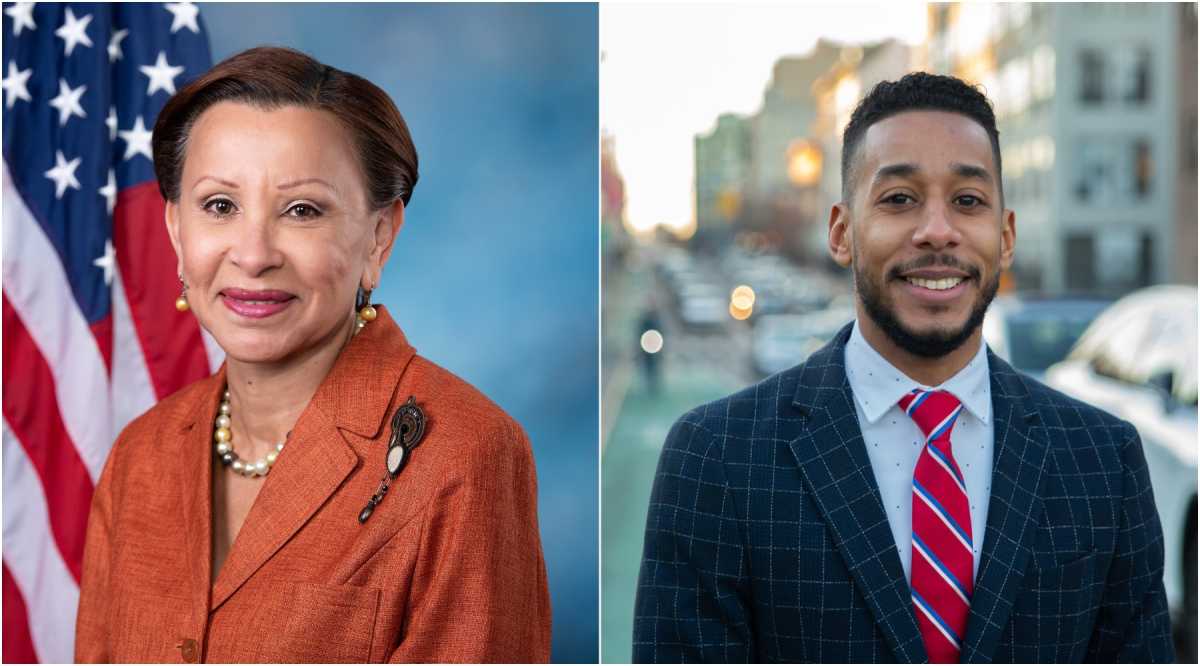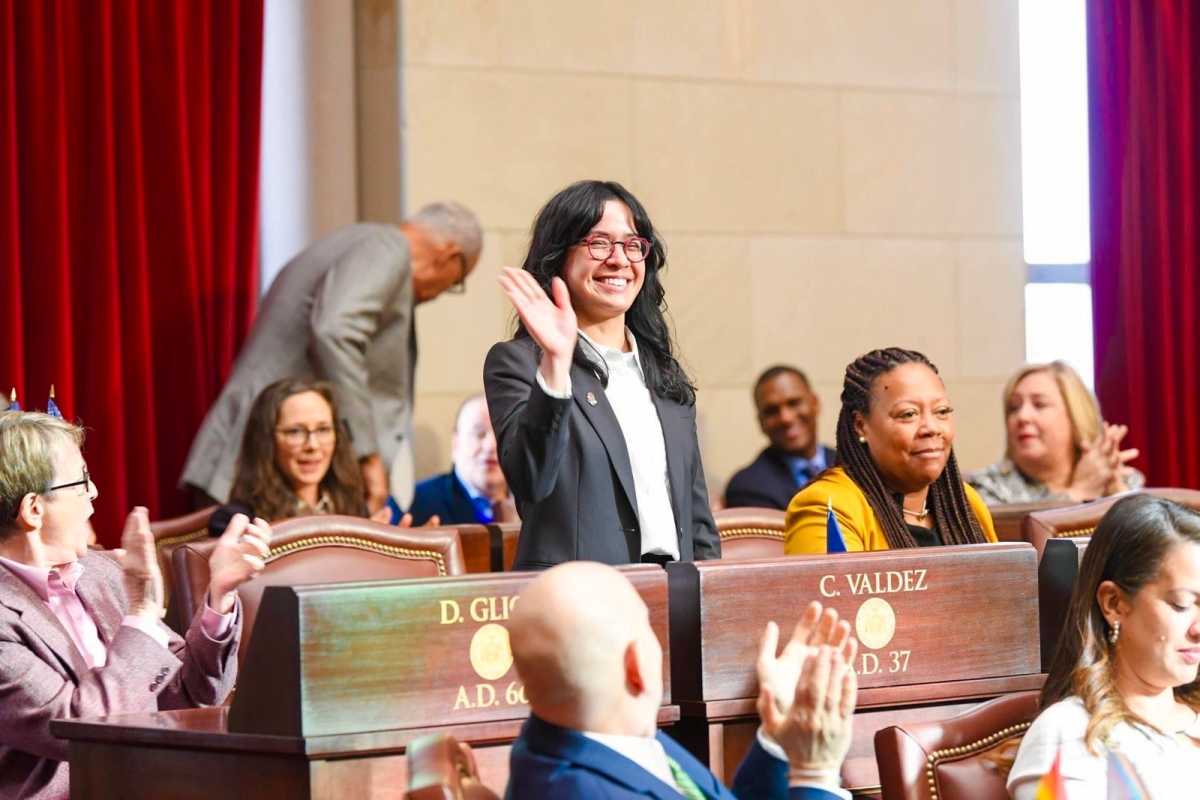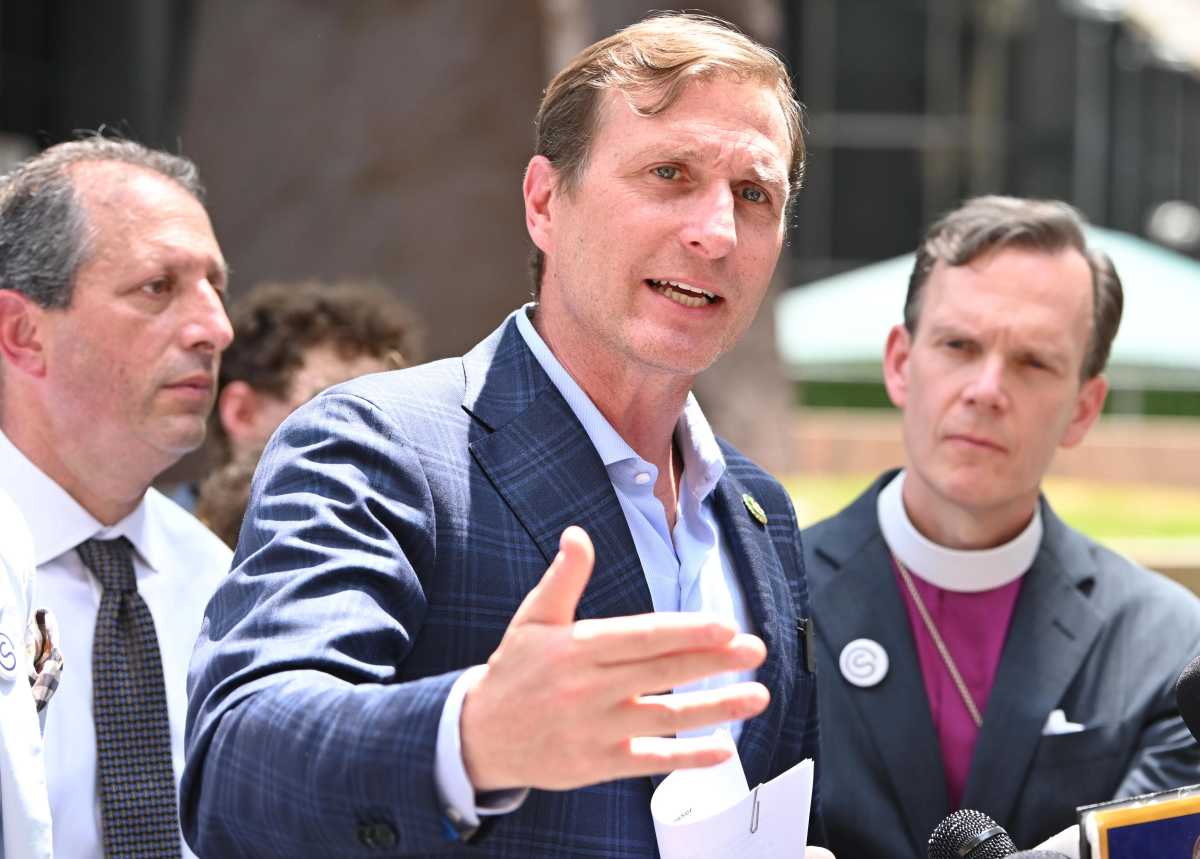Among the many candidates running for mayor, perhaps few have as an inspiring a life story as Isaac Wright (D).
Convicted of false drug charges in 1991 and sentenced to life in prison, Wright spent his time behind bars studying law and advocated for fellow inmates before he proved his own innocence in court after seven years. His experiences served as the basis for ABC’s drama series For Life.
Wright feels that he can offer New York the leadership it needs amid the uncharted waters to which the coronavirus pandemic has sent the city.
“When you look at the 9/11 tragedy, so many people lost their lives, but when you drove up to Midtown, New York was still bustling, so it was clear to me that [COVID] was something that was very, very different,” he said.
“The next mayor would have to be someone that was…different than all the mayors before now. Someone who has the ability to not only think outside the box to see things that others couldn’t make possible.”
Wright asserted that unlike other the mayoral candidates, his lack of experience as a politician renders him more honest and less jaded than his competitors. He hopes this will earn him a voting bloc that could overpower the city’s mighty bureaucracy and its preferred establishment candidates.
“The general public has been forced to choose from the lesser of two evils,” he said. “Whatever comes out of my mouth is going to be the truth and I promise the people of New York City I will achieve that.”
Policywise, Wright has three “marquee issues” in his platform: housing, the economy, and criminal justice reform. He hopes to revamp NYCHA so that its residents have an opportunity to own their own home, noting it is “horrifying and tragic” for the authority to subject its half a million residents to remain renters for multiple generations.
“NYCHA is bigger from a population standpoint than the city of Atlanta, the city of Miami, Florida, and the city of Oakland, California. It would be one of the biggest cities in the entire country by population,” he noted. “You’re stepping into a city and nobody owns their own home.
On economics, Wright criticized a state law that requires the city to rely on Albany’s budget to borrow money, effectively bootstrapping the city. He hopes overturning it and letting the city borrow money more freely will help prevent New York from raising taxes, which he feels would stifle business and bankrupt less financially stable residents as the city teeters on depression. He also plans to partner with at least some of the city’s 113 billionaires to promote entrepreneurship in the city.
“We’re in a position where the mayor has to beg. A mayor who thinks outside the box should know that you don’t have to do that,” he said. “New York is the greatest city in the world. It’s a financial capital of the world. Why are we begging?”
On criminal justice, Wright hopes to improve Rikers Island and make it more humane, as well as create a culture of accountability within the NYPD. Noting that he exited prison to find that the cop who falsely testified against him became chief of the police academy and the failure of 5,000 officers to come to work the day after Mayor Bill De Blasio (D) condemned police brutality, he recognizes that it won’t be easy, but he has an innovative approach.
“No matter what their issues are. No matter whether they’re a good cop or a bad cop, they’re human beings. And there’s much, much, much, much more good cops than there are bad cops. There’s a culture in law enforcement that’s a brick wall. When it comes down to feeling threatened, they’re gonna push back,” said Wright.
“I’m gonna come in as mayor with an olive branch. I can’t get anything done fighting them. I’m gonna come in understanding police culture, understanding the environment, understanding the culture of silence, understanding the root of police brutality, and together as mayor, we’re going to get it done.”
If elected, Wright insisted that the biggest obstacle to his goals are the “saboteurs” within the city government. “When I come in as mayor, there’s gonna be a clean sweep of the old guards,” he said.
“The first thing that I’m going to do is to weed those people out, and to get rid of them as soon as possible in order for the things that I have planned for New York and the people of the city based on their needs and based on their desires.”


